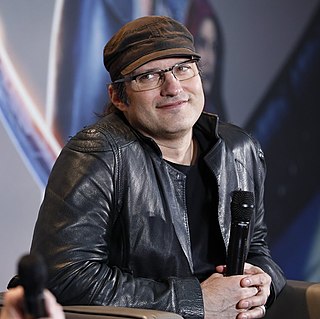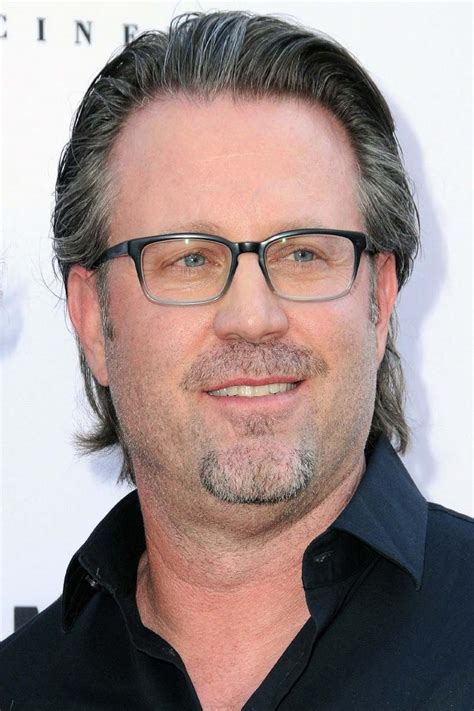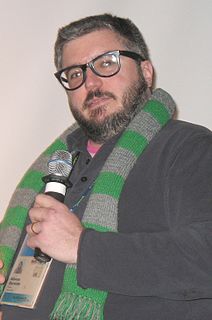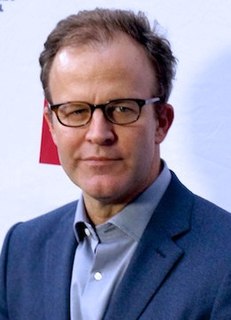A Quote by Robert Rodriguez
Exploitation films were famous for taking an issue an exploiting it because they could move much faster than a studio could. If there was any hot topic, they would run out and make a quick movie and make a buck on it, by changing it around and using it, in some way, to give some relevance.
Related Quotes
From what type of software could help us make a movie faster to everything else regarding the textures. Some might think, "It's probably very easy to make a film with those textures," but it's much more difficult than what it appears to be. We had to discover a faster process because otherwise it could have taken us 10 years to make it.
It's more important than ever to define yourself in terms of what you stand for rather than what you make, because what you make is going to become outmoded faster than it has at any time in the past. ...hang on to the idea of who you are as a company, and focus not on what you do, but on what you could do. By being really clear about what you stand for and why you exist, you can see what you could do with a much more open mind. You enhance your ability to adapt to change.
I'm not particularly interested in working with movie stars. It depends on where you come from, I suppose. Why are you making films? The reason I want make films is because they convey ideas. I think some directors make films because they want to hang out with movie stars and be part of Hollywood. They want to be a star themselves.
For me, it [moviemaking] is about social relevance. I want to make a movie that has some type of relevance where as the audience can't help but relate it in some way, and to continue that conversation outside the theater. I want people saying "this happened to my father" or "this happened to me." That's what I want.
I'm considered to some degree a successful director working in Hollywood, making films my way but using studio financing. But with almost every single one, I get praised up the wazoo by people who never would have financed the films. It's: "Gee, this movie is so new and different - what do you want to do next?" "This." "Oh, that's too new and different."
Could you not give me some sign, or tell me something about you that never changes, or some other way to know you, or thing to know you by?" — "No, Curdie: that would be to keep you from knowing me. You must know me in quite another way from that. It would not be the least use to you or me either if I were to make you know me in that way. It would be but to know the sign of me — not to know me myself.
I could learn photography. That could be something to want. I could photograph children. I could have my own children. I would give them yellow roses. And if they got too loud, I would just put them some place quiet. Put them in the oven. And I would kiss them every day, and tell them you don't have to be anybody, because I would know that being somebody doesn't make you anybody anyway.
Taking chances is my job; some will connect and some won't, and certain films find their audiences in different ways. I think 'Spotlight' probably is a better movie because of 'The Cobbler.' You learn with every movie you make: you learn from your mistakes, and you learn from your achievements, and I really do have that approach to filmmaking.






































